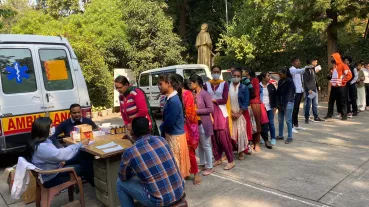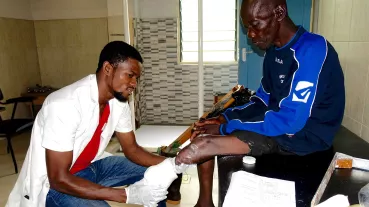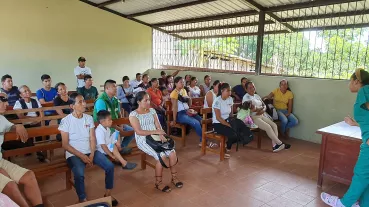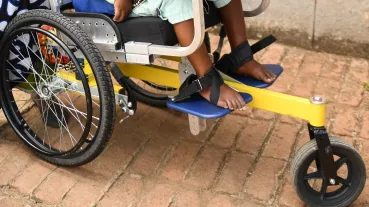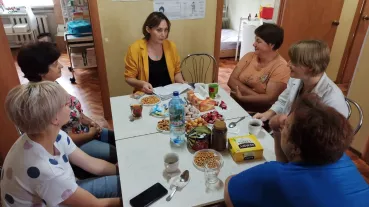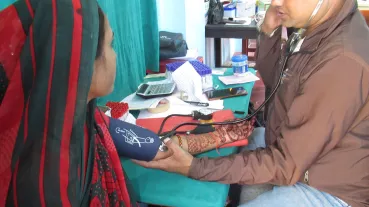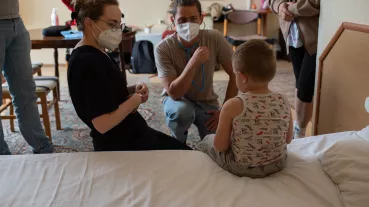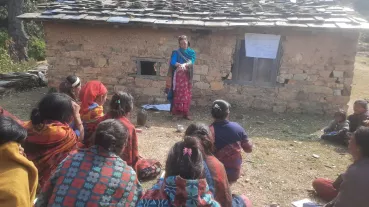Taking Point Of Care Ultrasound (POCUS) to the District in Malawi
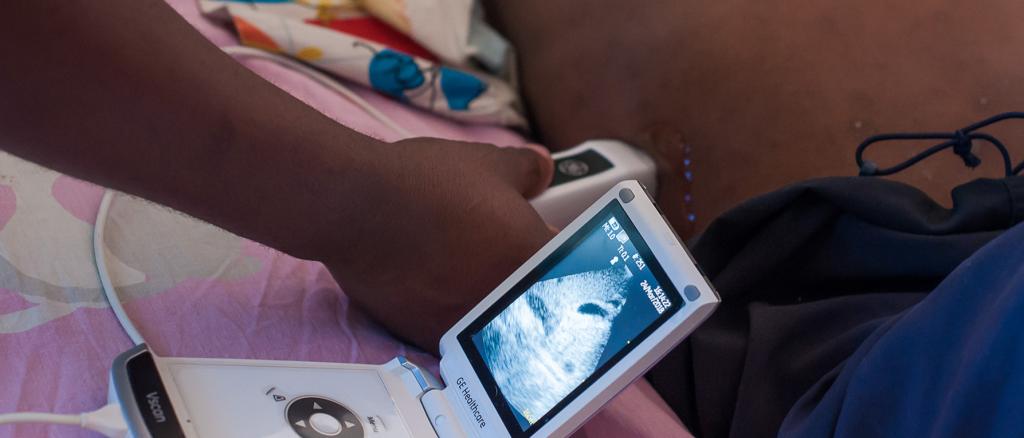
Situation:
Malawi is a low-income country and vulnerable to climatic shocks due to its agricultural economy. The health system has significant deficiencies and the rural population often has limited access to primary health care. Access to medical imaging in particular is very limited due to a lack of staff training and infrastructure.
Objectives:
The main objective of the project is to continue the successful work of the previous cooperation with the clinical departments of KUHeS and to further integrate POCUS into the patient care of all clinical departments at Queen Elisabeth Central Hospital and to expand it to the Mangochi Campus in rural Malawi.
- At least 20 per cent of each POCUS protocol in the curriculum is also used as POCUS (in the departments and at Mangochi Central Hospital where POCUS has been newly introduced).
- At least four staff members in each department and at Mangochi Central Hospital have completed a basic POCUS course and at least two staff members in each department are trained as POCUS trainers.
- POCUS is part of the standard curriculum of at least two other participating departments.
• Content and technical needs analyses and other preparatory work.
• Training for clinical staff including "train-the-trainers" courses
• Further development of e-learning resources to optimise their accessibility, usability and usefulness
• Evaluation of the impact of POCUS implementation
• Scientific development of POCUS protocols
• Cost-benefit analysis for POCUS use in Malawi
The project and its outcomes strengthen the local health system through 1) knowledge exchange, 2) long-term capacity building and also the national health system through 3) potential upscaling. Firstly, knowledge sharing is particularly promoted through the train-the-trainers trainings. In addition, the e-learning resources improve access to the content of the trainings for a wider range of people and enable the delivery of shorter, practical trainings. Second, the project builds long-term local capacity by integrating POCUS into all KUHeS curricula and will make KUHeS a training hub for medical imaging in Malawi. Thirdly, the current project aims to expand training in the districts initially to an associated district hospital. If this is successful, it can be scaled up to other district hospitals in the future. In addition, the cost-benefit analysis will provide important data to stimulate the integration of POCUS into the national health strategy.
The project provides a relevant innovative solution to optimise medical care for the financially disadvantaged population. It also uses open source technology to improve accessibility and scalability and ensure knowledge transfer. All these factors and local ownership of the project will ensure its long-term success.
